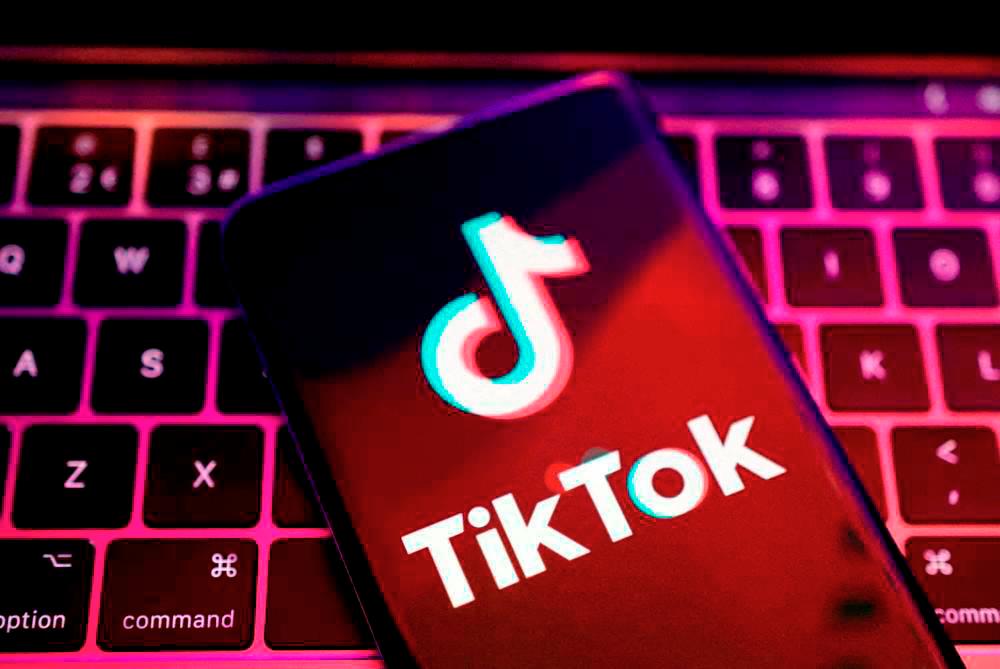IN his theory of “historical materialism”, Karl Marx suggests that the development of human history is to be understood in terms of reverberating reactions to changing economic and political conditions that frustrate social welfare which compels people to engage in active resistance against it so as to avoid exploitation – in turn inspiring great social revolutions – with the end goal of achieving a greater state of equality between the classes.
If this theory is of merit, it might serve as an explanatory account of the current reality of Generation Z’s (Gen Z) highly politicised engagement with social media and real-world activism as they call for radical global reform as a response to the woes of historical injustices, worsening economic conditions and political stand-offs.
Research, still in its primitive stages, has indicated that, unlike previous generations, what appears to be unique about Gen Z is that an innate sense of social justice more characterises its cultural consciousness, a desire for a “moral awakening” is embedded into their psychological constitution.
Thus, they are more likely to advocate for greater change to public policy, place increased pressure on corporate institutions and have stricter expectations for society as a whole.
Social movements, engineered to counteract the forces they deem to be dangerous, appear to be the vernacular by which Gen Z communicates its concerns – whether it be #BlackLivesMatter or #MeToo – to the world in an attempt to resist orthodoxy and challenge pre-existing conventions perceived to be oppressive or onerous by demanding that new normals be set so that their needs may be accommodated, with the end goal being to permanently change the face of civilisation.
While it may be true that a strong yearning for social justice has always pervaded human history, take the coup of the tyrannical oligarchic government of Athens by its youth in order to restore democracy or the rebellion of the Chinese Yellow Turban initiated by young peasants which brought down the Han Dynasty, cultural or social revolutions of the ancient period did not amass the degree of influence and reach that is so emblematic of the era of the “zoomers”.
Karl Marx, in his postulation of the materialist conception of history, stipulates that the tool by which social classes progress towards widespread equality is through the “class struggle” – this might be manifested in the form of indignant protests and revolution.
Though this is often hindered by the obstructions and obfuscations of powerful institutions that censure it by force, internal strife and conflict, and localised limitations such as restricted access to both promulgate and entire swathes of information.
This perhaps sheds light on the unique success of Gen Z that distinguishes itself from previous generations.
They have the supplementing instrument of social media in addition to “class struggle” – both an accelerant and catalyst for social revolution.
Through social media, youths are able to summon the strength of entire communities across the world in an instant in order to initiate protests and advocate for social causes with unparalleled speed and immediacy.
Social media allows users to overwhelm local authorities that censure particular opinions by disseminating information and democratising access to mainstream social movements by broadcasting the views of those who have been deprived of platforms.
Tik Tok appears to be the most powerful of these social media applications as it receives the greatest political leveraging by youths.
Its FYP (For You Page) invites users to share short-form content which is then viralised by its unique algorithm that engages millions of users in a matter of seconds.
Its algorithm is able to specifically target users who might gravitate towards particular videos and allow for quick and easy reposting and sharing.
The inception of Tik Tok into modern culture has seen the setting of entire social trends – some of which prove to disrupt local politics, multinational corporations and influential elites by viralising video criticisms on topics such as the war in Ukraine and the climate crisis.
This has brought many positives to the global community, under-represented communities are given a voice, the powerful are no longer impervious to criticism and social movements can be quickly mobilised and garner support.
The impact of Tik Tok has not gone unnoticed, while many have identified its important uses, its potential for disaster has also been highlighted.
According to Eurasia’s Top Risks of 2023, the “Tik Tok generational boom” and its culture of activism threatens to increase volatility, exacerbate social and political polarisation and disrupt the corporate world.
As we transition towards the baton swap between generations, there will be a more concentrated focus on the economic and political desires of the zoomers and their activist causes.
The struggle for equality initiated by Gen Z must be scrutinised as there may be those who co-opt social movements in order to push dangerous agendas to millions of people with greater efficiency under the auspices of expression.
Many have criticised Andrew Tate, infamous for his viralised short-term content that advocated for socially unpalatable ideas that disrupted entire communities.
The struggle against social injustice via Tik Tok among youths may be important but it must not be naively seen as a tool unable to be warped by evil forces.
Tik Tok will usher in a generational new world order and is changing the course of human history, if we wish to preserve civilisational stability while making allowances for positive social change, we must remain vigilant and call for greater accountability and responsibility from Gen Z.
Comments: letters@thesundaily.com










